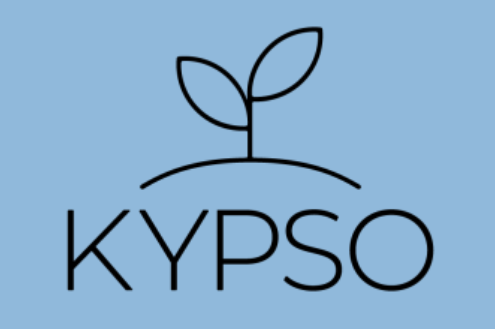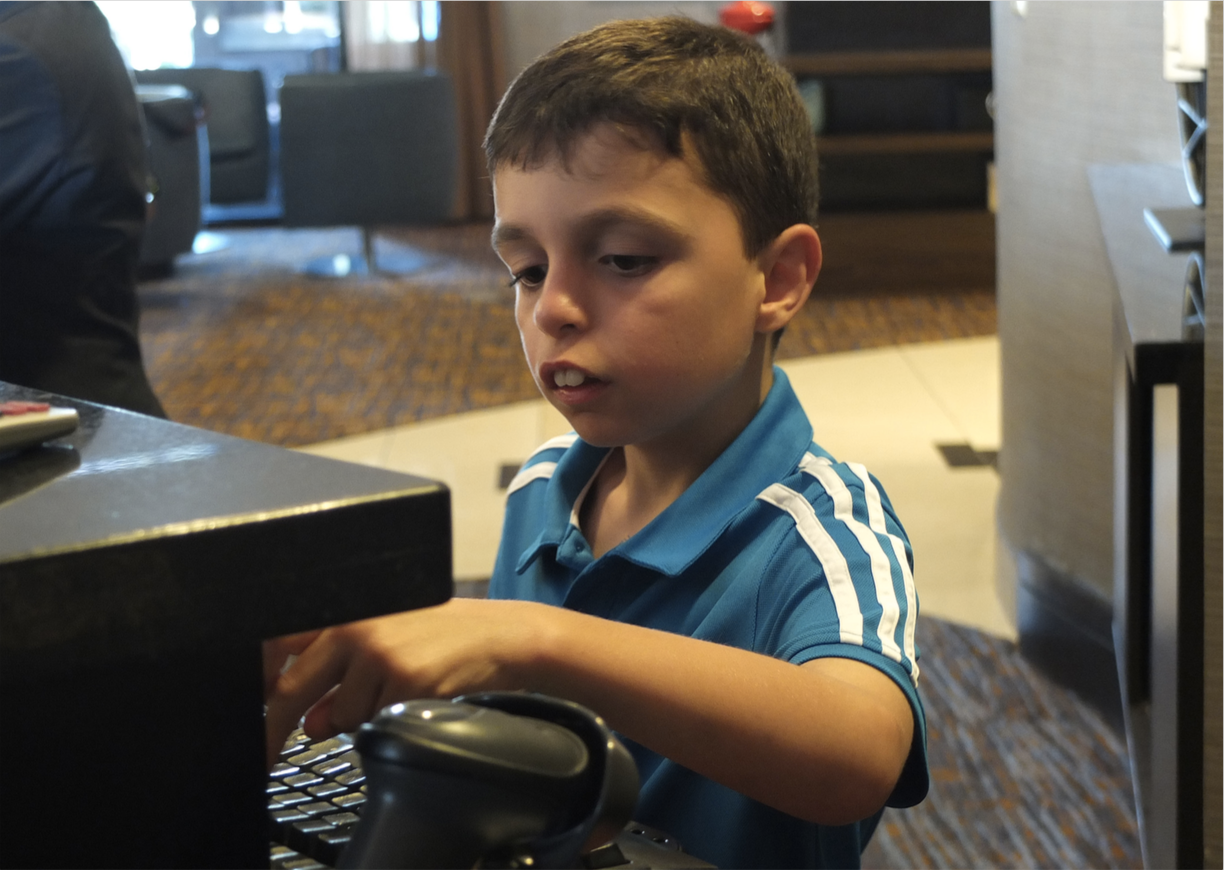Tag: Anthony Lobianco
-

The Kentucky Post School Outcomes Center Takes on a New Look
The Kentucky Post School Outcomes Center (KYPSO) has a new project logo. KYPSO, a project of the University of Kentucky Human Development Institute, introduces a new logo that signifies growth […]
-

Research Brief Spring 2017
Having a Son or Daughter with Jacobsen Syndrome/11q Deletion Syndrome: Perspectives of Parents by Stephanie Meredith, Anthony Lobianco & Harold Kleinert Jacobsen syndrome (JS) is a rare genetic condition that often causes […]